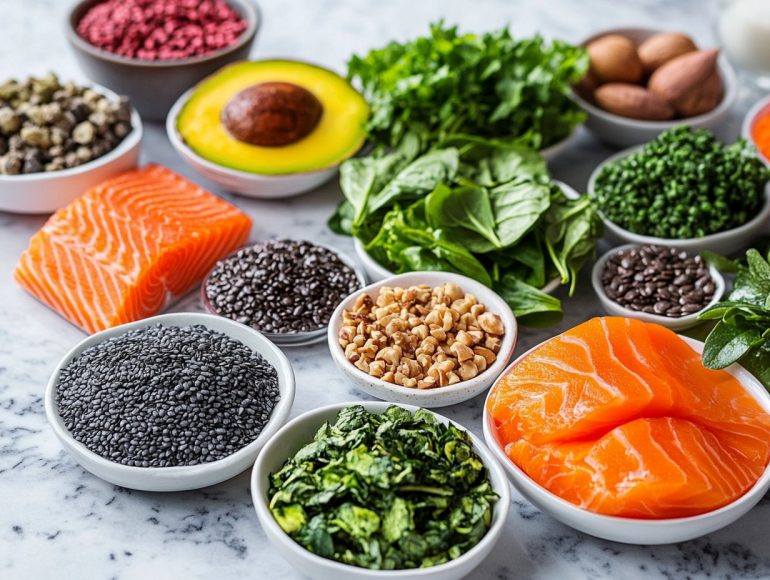Diet tips: Skip protein supplements, add whole foods to your plate to stay fit and healthy
While protein powders might offer convenience, they can’t replace the complex nutrition whole foods provide. As per the ICMR guidelines, health doesn’t come in a scoop. Here’s how, by focusing on natural, nutrient-rich protein sources, you can nourish not only your muscles but your entire body.
Walk into any gym today, and you’re likely to spot someone sipping on a shaker full of protein powder right after a heavy workout. From flashy packaging to influencer-backed recommendations, protein supplements have become a favourite in the fitness world. They’re trendy, easy to use, and promise quick muscle gains.
However, while the world seems to be gulping down scoops of whey, the Indian Council of Medical Research (ICMR) has hit pause on this fad. In the dietary guidelines released in 2024, the ICMR urges people to step away from supplements and instead turn to real food for their protein needs.
The ICMR cautions that protein powders often come loaded with added sugars, sweeteners, and artificial flavours, which can do more harm than good when consumed regularly. While they may support short-term muscle building, they often lack the essential nutrients and fibre found in whole foods.
Alongside, studies also suggest that consuming protein beyond 1.6gm/kg/day doesn’t significantly boost muscle gains. Instead, ICMR recommends a balanced approach; getting quality proteins from natural food sources and pairing them with carbs and healthy fats for proper absorption and sustained energy.
Here’s a list of 7 natural protein-rich foods you can include in your everyday diet:
- Pulses and legumes: Packed with protein, fibre, and essential vitamins, pulses like lentils, chickpeas, and beans are a great vegetarian source of protein. They also help regulate blood sugar, support digestion, and are budget-friendly additions to any meal.
- Eggs: A complete protein source, eggs offer all nine essential amino acids, along with healthy fats, vitamin D, and B12. They’re quick to prepare and highly versatile, making them a convenient protein source for all age groups.
- Nuts and seeds: Almonds, peanuts, chia seeds, and sunflower seeds are not only protein-rich but also provide heart-healthy fats, magnesium, and antioxidants. They’re great for snacking and support sustained energy release throughout the day.
- Milk and dairy: Milk, yogurt, and paneer are excellent sources of protein and also contribute to strong bones due to their calcium content. They’re ideal for post-meal satiety and muscle repair, especially when consumed in moderation.
- Whole grains: Whole grains aren’t just about fibre and energy, they also contain some amounts of plant-based protein. When combined with legumes, they provide a complete amino acid profile, essential for muscle and tissue repair.
- Soy products: Tofu, soy milk, and tempeh are plant-based options rich in protein and contain isoflavones that may support heart health and hormonal balance. They’re especially valuable for vegetarians seeking high-quality protein alternatives.
- Fish and lean meats: For non-vegetarians, options like fish and skinless chicken offer high biological value protein along with omega-3 fatty acids (in the case of fish), which support brain and heart health. They’re effective in muscle maintenance and immune support.

